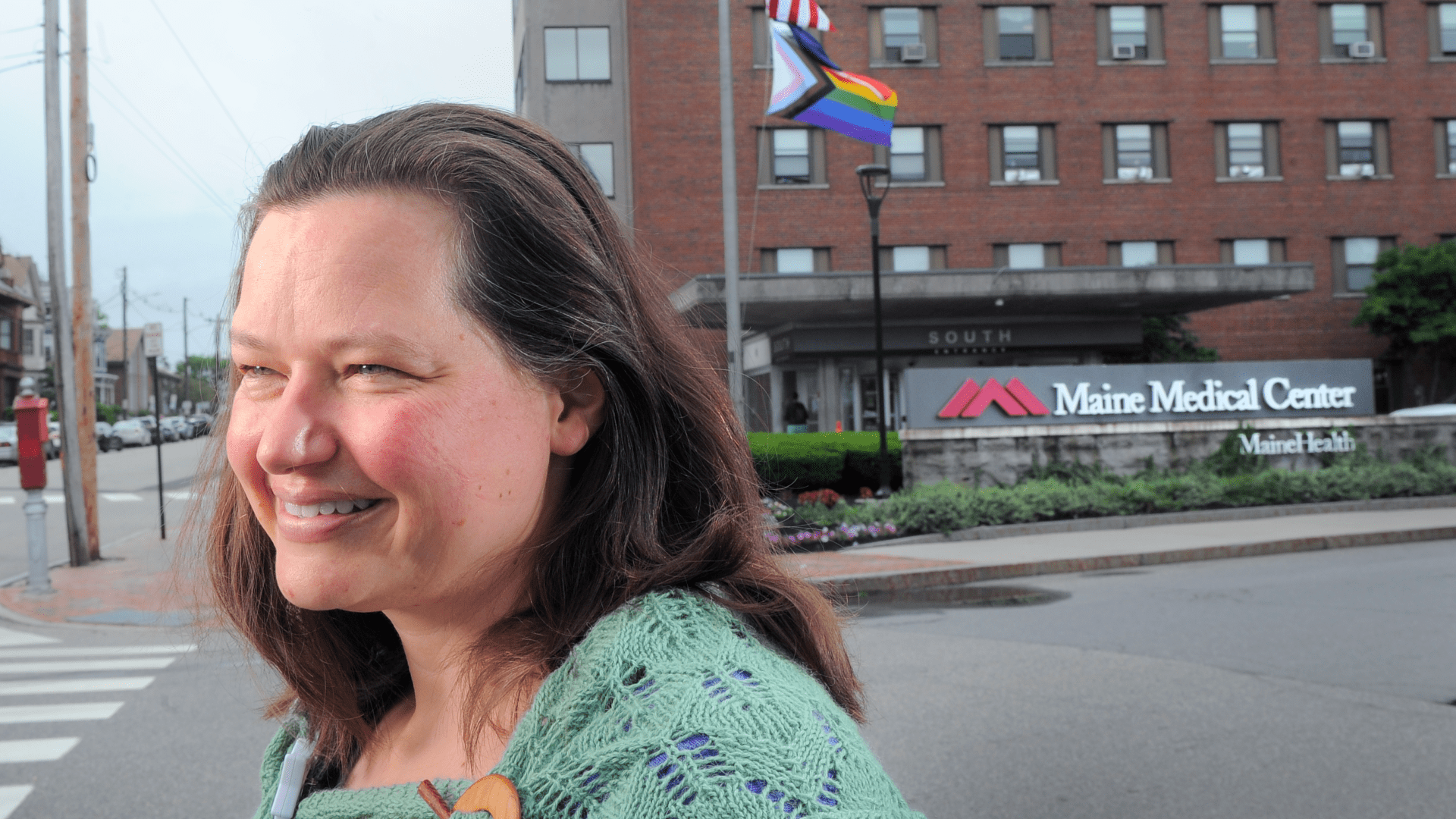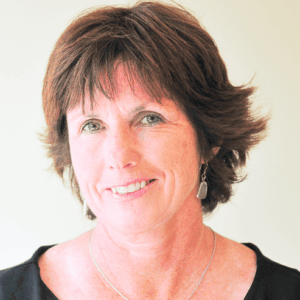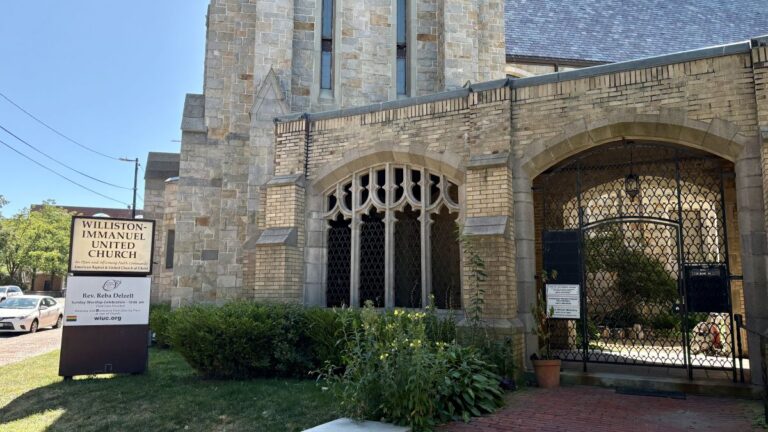“Do you think God loves me?”
It is a question transgender children often ask Abby d’Ambruoso. The chaplain at Portland’s Barbara Bush Children’s Hospital, d’Ambruoso comforts pediatric patients, families and staff during emotional and challenging times.
She is also frequently called to meet with parents and adolescents at the hospital’s Gender Clinic, when a youth’s gender identity conflicts with the family’s faith.
If a family’s religious beliefs are not accepting of the LBGTQ community, it can be challenging for both the parents and their transgender child, d’Ambruoso said.
“There can be conflicting values with parents who want their children to be loved, but have that deep belief in a religion that doesn’t have affirmation in being transgender,” d’Ambruoso explained. “For those people, they can have a lot of spiritual pain and be very much in the middle.”
The chaplain spends most of her time listening as families share their emotions and spiritual concerns. As chaplain the past five years, she has worked with people whose spirituality stretches across a broad spectrum, from Catholic to evangelist to Wicca religions.

“I accompany people where they’re at,” she said. “I serve people of all faiths and no faiths and everything in between.”
Regardless of how their church or faith views transgender people, parents “still love their children and want them to be well, and their spirit to be well,” d’Ambruoso said.
Research and her own experience, d’Ambruoso said, have shown that kids are less likely to struggle with mental health issues when they’re affirmed in their gender identity and supported. But d’Ambruoso added that she does not offer advice to parents or children on whether they should seek medical treatment to transition their bodies.
“I’m not here to fix anything,” d’Ambruoso said. “I’m just hearing their story and acknowledging the emotions that are surfacing, and normalizing them.”
CLICK HERE TO SHARE YOUR THOUGHTS ON THIS STORY
During one conversation, she met with a dad and his teenage daughter who was raised in a conservative faith.
“It became clear during the conversation that the daughter really questioned whether she was beloved by God,” d’Ambruoso said. “When the dad realized this, they both had this moment of clarity. He was sad because he always wanted her to know she was loved by God.”
The father created a nightly ritual of tucking his daughter in bed and reminding her that God loved her and her chosen identity.
“That was a real gift,” said d’Ambruoso. “It was beautiful to witness as they did the work together.”
While most families find ways to support their transgender children and continue with their chosen faith, sometimes parents believe they have to choose between their religion and their kids. Those are the cases, d’Ambruoso said, that are heartbreaking.
“I’m witnessing their pain and there is nothing I can do to help them,” she added. “For those people, the only thing I can do is to bear witness to that and to pray for them if they would like me to.”
When transgender youth question whether God loves them, d’Ambruoso usually replies: “What makes you think that?”
The chaplain will also ask a child, “What do you believe?”
After she has had a long conversation with parents and their transgender child about their beliefs and religious teachings, d’Ambruoso will share her own thoughts about God, if asked.
As a member of a church that uses non-gendered words for the “Holy One,” d’Ambruoso explains that she does not see God as embodying one gender.
If a transgender child asks her, ‘Do you believe God could ever love me?’ I would absolutely say, ‘Yes.’ ”
This series was financially supported by The Bingham Program and the Margaret E. Burnham Charitable Trust. We encourage you to share your thoughts on this series by visiting this page. Barbara A. Walsh can be reached at gro.r1756664754otino1756664754menia1756664754meht@1756664754arabr1756664754ab1756664754.








